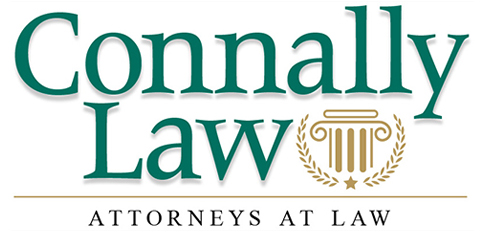Sports’ World Provides Guidance for the Construction Project File
As we are hopeful for what our sport team’s season will be, we can apply two quotes from the sports’ world to the construction industry – specifically to the construction project file to support claims for changes:
- “It starts with complete command of the fundamentals.” – Jesse Owens
- “The best defense is a good offense.” – Vince Lombardi
“It starts with complete command of the fundamentals.”
With every construction project, changes can occur. But regardless of whether it is a change to the design or specification or just a change due to the effects of weather, for a contractor to request time and/or money for that change, the project file will need to support the request. For the successful recovery of a claim, it is critical the contract file supports the fundamentals of the contractor’s claim. These fundamentals can be boiled down to two words – notification and documentation. Carrying out the proper notification procedures of a claim and preserving all necessary documentation can bring faster resolution of the claim and may even prevent the issue from escalating to arbitration or litigation.
The contract between a contractor and an owner will likely have a provision relating to notice requirements. The purpose of notice requirements is to enable the owner to assess the scope of the problem and determine the course of action the owner wants the contractor to take. Further, it establishes a record of the dates and facts of the claim situation while the issue is still fresh in everyone’s mind. As you gather the facts to prepare the notification, also take the time to ensure the project file contains sufficient documentation of the events which took place on the project that support the claim.
The contractor should prepare the project file in a manner that the documents will speak for themselves. This means that even if the people on the project change, the project’s history is easily discerned from the documentation in the file. Fundamental project file documentation should include:
- Contract documents
- Geotechnical reports
- Daily reports
- Requests for information
- Phone logs (note: follow-up phone calls with emails to document discussions)
- Emails, texts & other correspondence with owner, architect, subcontractors & suppliers
- Shop Drawings
- Photographs and videos
- Schedules
- Time records
- Material delivery and receiving reports
- Progress reports
- Payment records
- Change Orders
- Job cost account records
- Bids from subcontractors
- Chronology of events
- Inspection reports
- Minutes of meetings
“The best defense is a good offense.”
Up-to-date, well-maintained documents in the project file are, by far, the best defense for a contractor. Not only can a well-organized and documented project file enable a contractor to quickly respond to a minor dispute in the field and, hopefully, prevent the issue from escalating, it can also provide the best supporting evidence in the event of a claim. The documents should also include copies of any timely notices to the owner of changed conditions when the contractor believes it is entitled to additional compensation and/or time to perform the work. It is much easier to prepare requests for additional time and money when the project file can clearly execute the “plays” for the contractor’s claims. However, if the contractor attempts to prepare a claim at the end of the project but has few documents to support the claim, it is likely the contractor will be left with an expensive penalty – the inability to recover the time or additional compensation.
About the author
Elizabeth H. Connally
Connally Law, PLLC, San Antonio, Texas
Ms. Connally is the Managing Shareholder of Connally Law, PLLC, San Antonio, Texas. She is licensed to practice law in OH, DC, HI and TX and is a former warranted Contracting Officer for the U.S. Dept. of State (“DOS”), where she handled contracts for the DOS’ largest procurement office in Frankfurt, Germany. Ms. Connally counsels clients in the areas of SBA and VA certifications and compliance as well as construction contracts, government contracts and DOL-related compliance issues.

